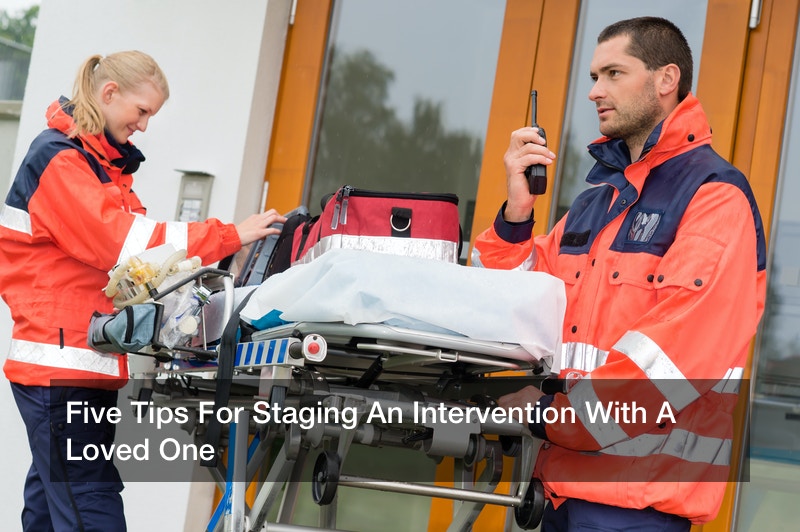It’s never easy to watch a loved one or a friend struggle with addiction. Whether that addiction is alcohol addiction, heroin addiction, meth addiction or even prescription drug addiction, the truth of that matter is that it can destroy friendships, tear families apart and generally have a lot of negative consequences.
Alcohol is one of the most commonly abused substances in the United States and it’s estimated that more than 15 million U.S. adults have an alcohol use disorder. If you know someone who struggles with alcohol addiction, you probably wish you could do anything to help them. But you might also feel powerless to affect change in such a tense situation. Thankfully, there is something you can do to be proactive: staging an alcohol intervention.
It’s estimated that more than 90% of folks get help after an intervention and there are many things friends and family can do to try and get through It’s never easy to watch a loved one or a friend struggle with addiction. Whether that addiction is alcohol addiction, heroin addiction, meth addiction or even prescription drug addiction, the truth of that matter is that it can destroy friendships, tear families apart and generally have a lot of negative consequences.
Alcohol is one of the most commonly abused substances in the United States and it’s estimated that more than 15 million U.S. adults have an alcohol use disorder. If you know someone who struggles with alcohol addiction, you probably wish you could do anything to help them. But you might also feel powerless to affect change in such a tense situation. Thankfully, there is something you can do to be proactive: staging an alcohol intervention.
It’s estimated that more than 90% of folks get help after an intervention and there are many things friends and family can do to try and get through to a person who is in desperate need of help:
- Choose a team: If you’re going to stage an alcohol intervention, it must be with the person who needs help and people whom that person knows, trusts and loves, such as a family intervention. That being said, choosing who participates in an alcohol intervention must be done with care. The people who are there must have a meaningful relationship with the addict, because this is supposed to be a motivating talk, where people get through to the addict and help them realize they need help. Professional alcohol intervention specialists can be a big help in situations like these.
- Find the right time: Staging an intervention is never easy, but it’s also not easy to find a perfect time to do it. Ideally, you want to talk to the addict during a time when he or she is close to sober or completely sober. Drugs and alcohol can drastically reduce a person’s ability to think clearly and react in a calm manner to the things that are said during an intervention. Choosing a sober time—perhaps in the morning—can be the best time to get through to someone, but it also helps keep everyone there safe who’s trying to persuade someone to get treatment.
- Choose the right speaking order: An alcohol intervention or any intervention for that matter, ends when an addict agrees to get help for their addiction. That means it’s very important to determine the right order for people to speak. The right person speaking at the right time can help an addict realize they need help. Children and close loved ones (like spouses) may speak last because that might be the time when an addict is most moved to make a change in their life.
- Don’t forget to rehearse: During an alcohol intervention, emotions can run very high and it can become very easy for people to go off script. This is why it’s a good idea to hold rehearsals before an actual intervention takes place. This helps everyone stand behind the statements they make and helps them be clear and concise when they absolutely need to be. In order to get through to an addict, friends and loved ones must present a united front and rehearsals can help make that happen.
- Be aware of body language: Believe it or not, how someone talks to a loved one dealing with addiction is just as important as what they say. During interventions, it’s best to use open, warm body language to communicate. This can include leaning in to be emphatic, looking directly at your loved one and keeping your legs and hands uncrossed and unclenched. This will help the person speaking keep calm and in control of their emotions and won’t put the addict on the defensive.
Staging an intervention with a loved one for any kind of drug or alcohol addiction is never easy. But with calm, warm body language, the right choice of words, the right people and the right time, you may just be able to get through to your loved one and help them get the treatment they need to make their life better.
